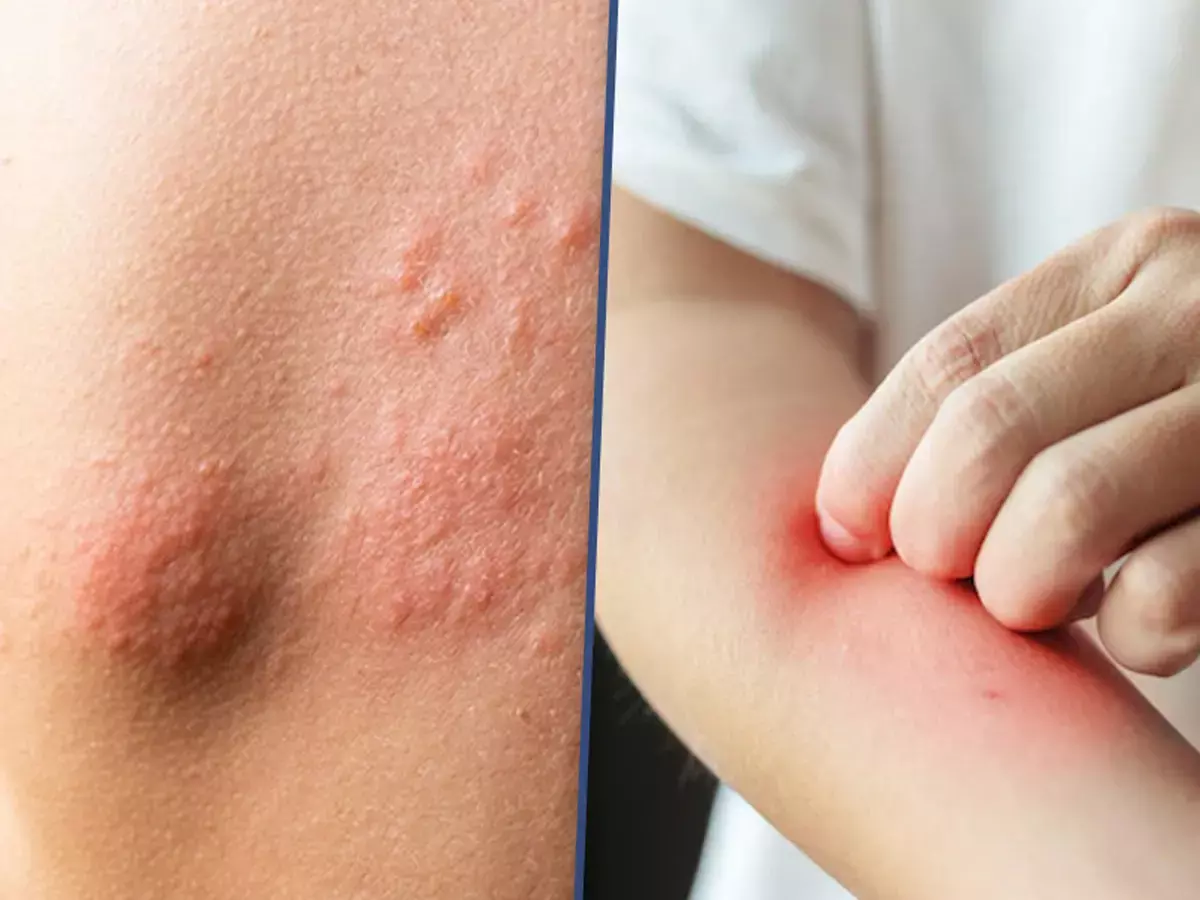- Home
- Medical news & Guidelines
- Anesthesiology
- Cardiology and CTVS
- Critical Care
- Dentistry
- Dermatology
- Diabetes and Endocrinology
- ENT
- Gastroenterology
- Medicine
- Nephrology
- Neurology
- Obstretics-Gynaecology
- Oncology
- Ophthalmology
- Orthopaedics
- Pediatrics-Neonatology
- Psychiatry
- Pulmonology
- Radiology
- Surgery
- Urology
- Laboratory Medicine
- Diet
- Nursing
- Paramedical
- Physiotherapy
- Health news
- Fact Check
- Bone Health Fact Check
- Brain Health Fact Check
- Cancer Related Fact Check
- Child Care Fact Check
- Dental and oral health fact check
- Diabetes and metabolic health fact check
- Diet and Nutrition Fact Check
- Eye and ENT Care Fact Check
- Fitness fact check
- Gut health fact check
- Heart health fact check
- Kidney health fact check
- Medical education fact check
- Men's health fact check
- Respiratory fact check
- Skin and hair care fact check
- Vaccine and Immunization fact check
- Women's health fact check
- AYUSH
- State News
- Andaman and Nicobar Islands
- Andhra Pradesh
- Arunachal Pradesh
- Assam
- Bihar
- Chandigarh
- Chattisgarh
- Dadra and Nagar Haveli
- Daman and Diu
- Delhi
- Goa
- Gujarat
- Haryana
- Himachal Pradesh
- Jammu & Kashmir
- Jharkhand
- Karnataka
- Kerala
- Ladakh
- Lakshadweep
- Madhya Pradesh
- Maharashtra
- Manipur
- Meghalaya
- Mizoram
- Nagaland
- Odisha
- Puducherry
- Punjab
- Rajasthan
- Sikkim
- Tamil Nadu
- Telangana
- Tripura
- Uttar Pradesh
- Uttrakhand
- West Bengal
- Medical Education
- Industry
No risk of VTE in Eczema Patients Receiving JAK Inhibitors: Study

There is no risk for venous thromboembolism in Eczema Patients Receiving JAK Inhibitors suggests a new study published in the JAMA Dermatology.
The risk of venous thromboembolism (VTE) among patients with atopic dermatitis (AD), especially when receiving treatment with Janus kinase (JAK) inhibitors, is unclear.
A study was conducted to determine the association of atopic dermatitis with incident venous thromboembolism and evaluate the risk of incident venous thromboembolism among patients with atopic dermatitis who were receiving treatment with JAK inhibitors.
Cohort studies examining the association of atopic dermatitis with incident venous thromboembolism and randomized clinical trials (RCTs) reporting venous thromboembolism events in participants with atopic dermatitis receiving JAK inhibitors were included. Around 0.7% of initially identified articles met the selection criteria. The Preferred Reporting Items for Systematic Reviews and Meta-Analyses (PRISMA) guideline was followed. The risk of bias of included cohort studies and RCTs was assessed by the Newcastle-Ottawa Scale and the Cochrane Risk of Bias Tool 2, respectively. A random-effects model meta-analysis was conducted to calculate the pooled hazard ratio (HR) and risk difference for incident venous thromboembolism.
Results:
- Two cohort studies and 15 RCTs with a total of 466 993 participants were included.
- The meta-analysis found no significant association of atopic dermatitis with incident venous thromboembolism
- Overall, 3 of 5722 patients with atopic dermatitis (0.05%) who were receiving treatment with JAK inhibitors experienced venous thromboembolism compared with 1 of 3065 patients with atopic dermatitis (0.03%) receiving placebo or dupilumab
- The incidence rate of venous thromboembolism was 0.15 and 0.12 events per 100 patient-years in participants with atopic dermatitis receiving JAK inhibitors and placebo, respectively.
- The findings were similar in 4 unique JAK inhibitors
Thus, the results of this systematic review and meta-analysis suggest that the currently available evidence does not detect an increased risk of venous thromboembolism associated with atopic dermatitis or treatment with JAK inhibitors. These findings may provide a reference for clinicians in prescribing JAK inhibitors for patients with atopic dermatitis.
Reference:
Chen T, Lee L, Huang H, Chen L, Loh C, Chi C. Association of Risk of Incident Venous Thromboembolism With Atopic Dermatitis and Treatment With Janus Kinase Inhibitors: A Systematic Review and Meta-analysis. JAMA Dermatol. Published online August 24, 2022. doi:10.1001/jamadermatol.2022.3516
Keywords:
Tai-Li Chen, Ling-Ling Lee, Huei-Kai Huang, Li-Yu Chen, Ching-Hui Loh, Ching-Chi Chi, JAMA Dermatology, Janus Kinase Inhibitors, Risk, Atopic Dermatitis, Association, Treatment
Dr. Shravani Dali has completed her BDS from Pravara institute of medical sciences, loni. Following which she extensively worked in the healthcare sector for 2+ years. She has been actively involved in writing blogs in field of health and wellness. Currently she is pursuing her Masters of public health-health administration from Tata institute of social sciences. She can be contacted at editorial@medicaldialogues.in.
Dr Kamal Kant Kohli-MBBS, DTCD- a chest specialist with more than 30 years of practice and a flair for writing clinical articles, Dr Kamal Kant Kohli joined Medical Dialogues as a Chief Editor of Medical News. Besides writing articles, as an editor, he proofreads and verifies all the medical content published on Medical Dialogues including those coming from journals, studies,medical conferences,guidelines etc. Email: drkohli@medicaldialogues.in. Contact no. 011-43720751


